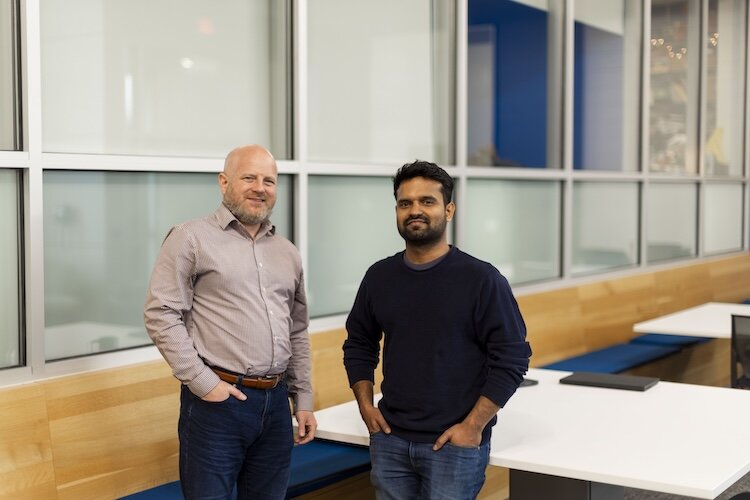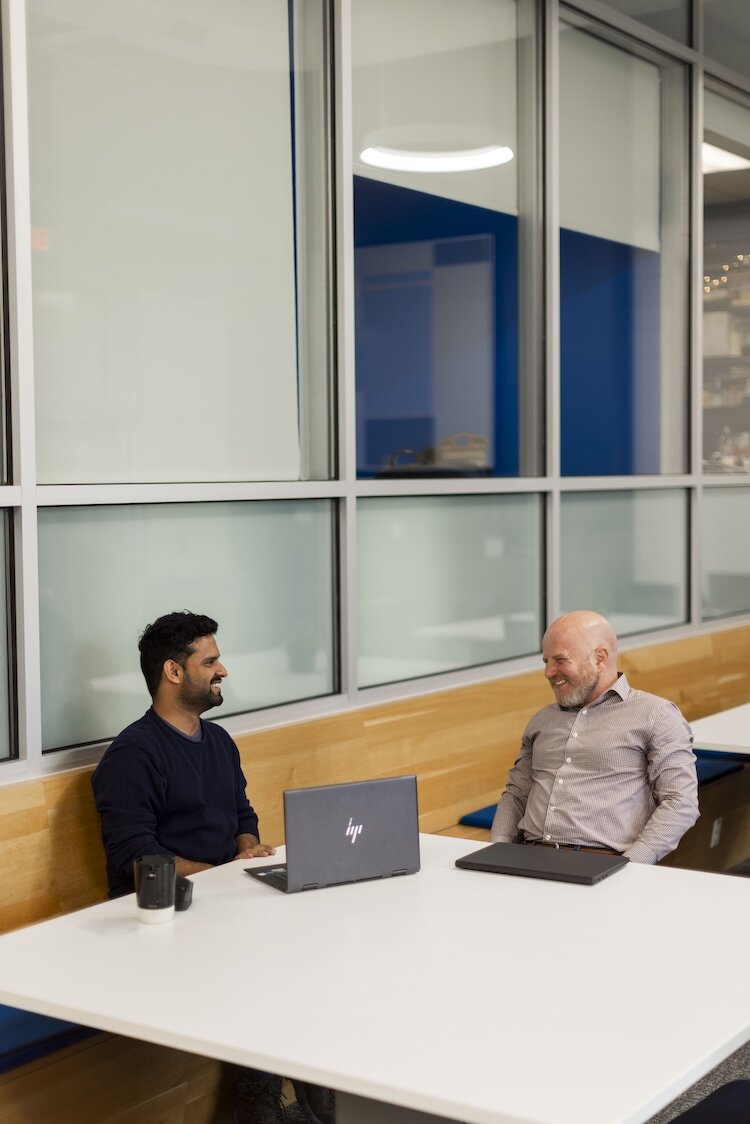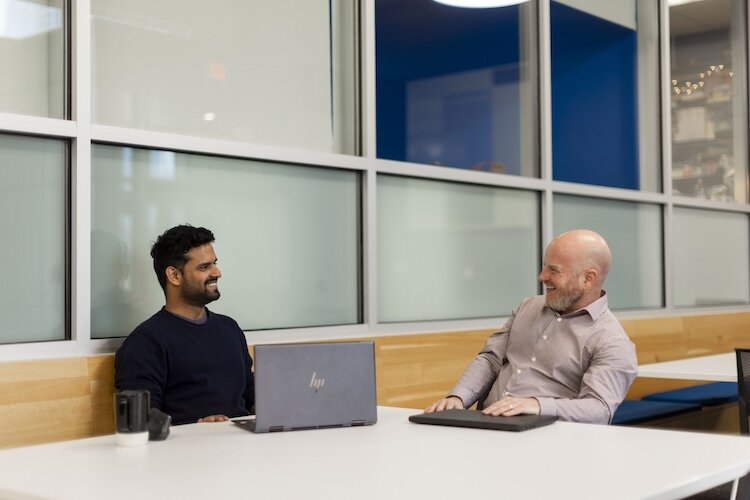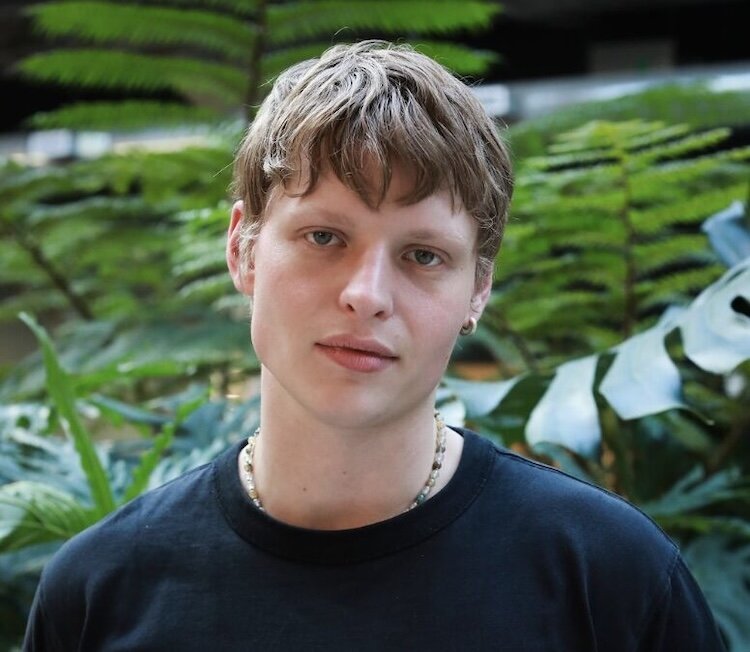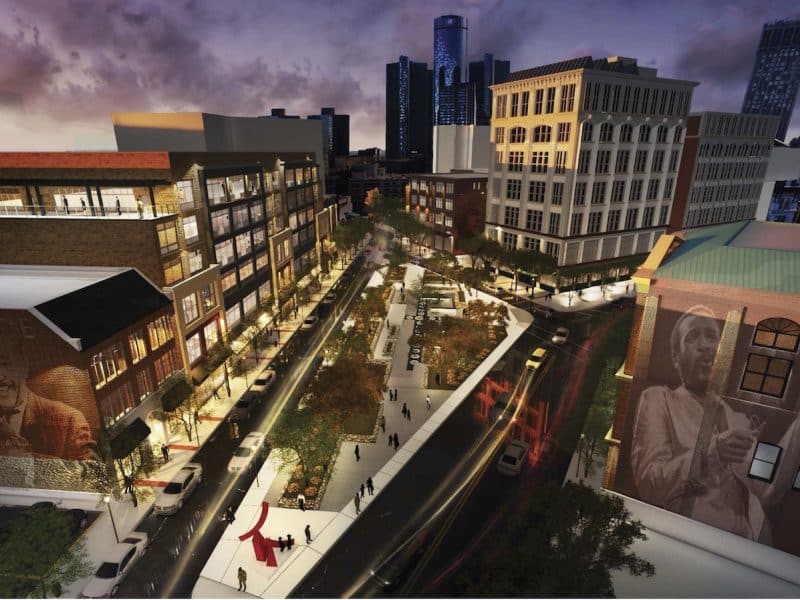Global Detroit program helps immigrant entrepreneurs grow Michigan’s tech economy
Global Detroit’s Global Entrepreneur in Residence program helps immigrant tech founders secure visas, build startups, and create jobs, fueling innovation and economic growth across Michigan’s expanding tech sector.
From fleets of warehouse robots to breakthroughs in biotech, Michigan’s tech startup scene is brimming with ideas that could reshape our lives. But for many founders behind these innovations, the biggest hurdle isn’t securing funding or building a prototype; it’s finding a way to stay in the country.
That was the reality for Shiva Sundaram and Max Von Wels, two entrepreneurs whose ventures could change how goods move and how diseases are diagnosed. Both were on the verge of leaving the United States when Global Detroit stepped in, connecting them with Michigan universities through a program designed to retain international founders, grow companies, and create jobs.
From India to Michigan: A career interrupted
Sundaram, who holds a bachelor’s degree in mechanical engineering, first came to the U.S. in 2015 to pursue his master’s. He later worked at a lighting manufacturing company for six years, but ran into an immigration roadblock.
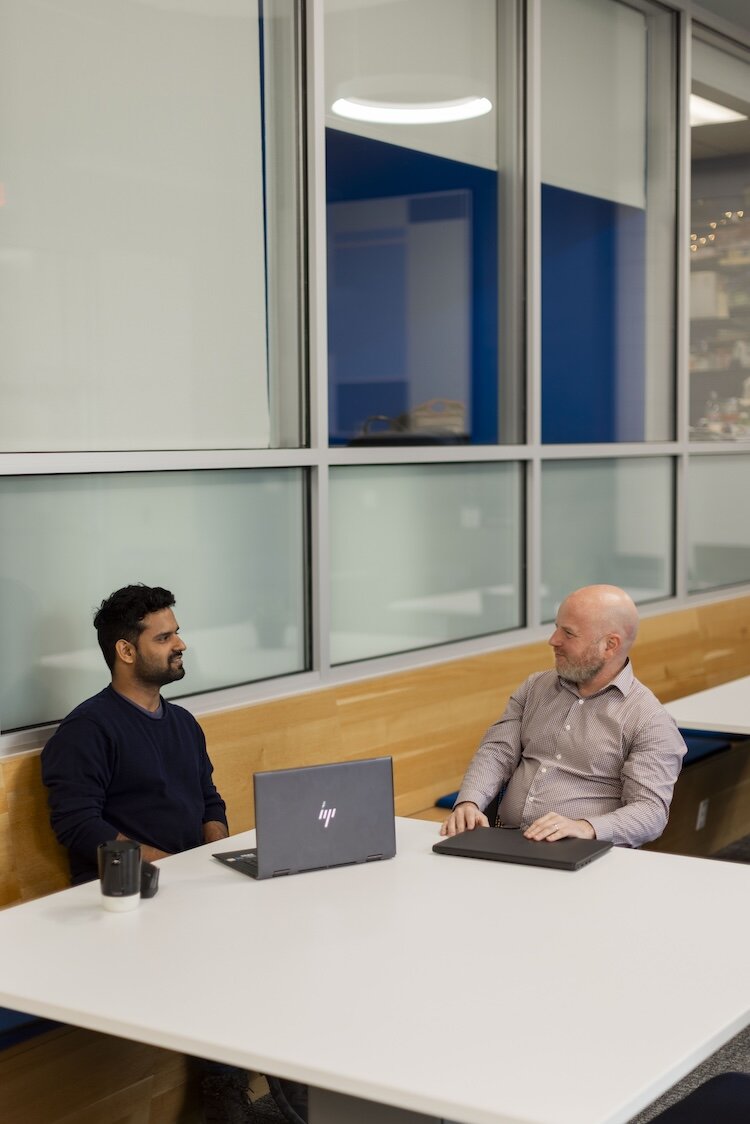
Shiva Sundaram, an Entrepreneur in Residence catches up with Andrew Johnson, the Global Entrepreneur in Residence Program Manager for Global Detroit.
“Something happened with my visa, and I had to leave the country,” he says. “So I went back to India, and tried to figure out how to come back and do the things that I wanted to do.”
That’s when Sundaram discovered Global Detroit’s Global Entrepreneur in Residence (Global EIR) program. Designed to retain high-skilled international talent, the program offers work authorization by placing immigrant entrepreneurs at partner universities, where they can mentor students while building their businesses on the side.
“I had already started working on my startup,” says Sundaram. “Global Detroit provided a way for me to come back and continue both mentoring and growing my company.”
Through the program, Sundaram was able to return to Michigan, obtain a cap-exempt H-1B visa, and continue working. An H-1B cap-exempt visa means an employer is exempt from the annual visa lottery, allowing them to file petitions for foreign workers at any time.
Sundaram’s company, USA Mark, builds innovative warehouse systems using fleets of mobile robots to move goods indoors. The systems are customizable and built with parts sourced as much as possible from U.S. manufacturers.
Sundaram now also mentors students at the University of Michigan-Dearborn and has even hired a former student as an intern.
Biotech innovation meets immigration roadblocks
Von Wels’s story follows a similar trajectory. After completing a one-year MBA-level program at Michigan’s Ross School of Business, he teamed up with a fellow entrepreneur to co-found a biotech startup focused on stabilizing RNA, one of the most fragile but promising molecules in science.
When his student visa expired, Von Wels hit the same wall faced by many immigrant entrepreneurs. Twice, he applied for an H-1B visa. Twice, he was rejected.
“Your immigration journey is never over until you have a green card,” Von Wels says. “And you must make sure what you’re pursuing in your business aligns with the strategy you’re pursuing to stay in the country. The business journey can go up and down, but immigration deadlines are relentless.”
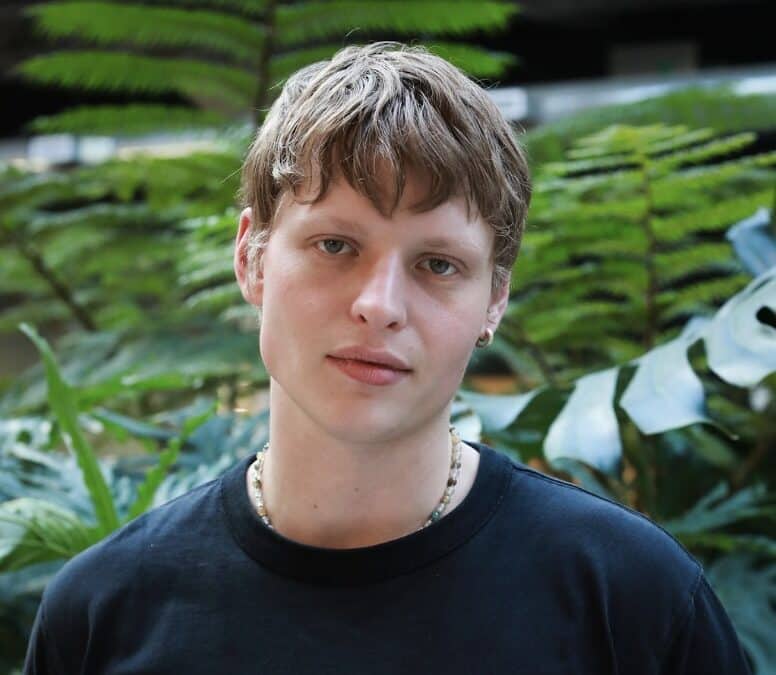
Through the Global ERI program, Von Wels found a legal pathway back. Global Detroit partnered with the University of Michigan to sponsor his work visa outside the traditional lottery process, enabling him to remain in the country and continue building his company.
“They are the reason I’m here, working on the technology I care about,” he says. “Without them, it just wouldn’t have been possible.”
Today, his company, Life Magnetics, is working with diagnostic firms in Michigan to help lower the costs of accurate disease testing for farm animals. This is becoming increasingly important as animal populations become more genetically similar, making them more susceptible to outbreaks.
Driving innovation, retaining talent
For other founders hoping to launch startups in Michigan, Global Detroit is providing the missing link between big ideas and legal pathways to stay and grow.
Through its Global EIR program, the organization connects foreign-born entrepreneurs with Michigan universities, enabling them to receive H-1B visas while they build their businesses full-time. In return, participants take on part-time university roles such as mentoring students or supporting entrepreneurship programs.
Since its Michigan launch in 2019, Global EIR has placed 12 founders from five continents at five universities, resulting in 174 jobs created and $28.1 million in follow-on capital raised, according to a program overview.
The model is designed to solve a persistent challenge for international entrepreneurs: most U.S. visas don’t allow self-employment or full-time work on early-stage startups. By anchoring founders to academic institutions, the Global EIR program offers a legal and practical solution.
“The Global Entrepreneur in Residence program was something different,” says Sundaram.
Global Detroit also provides participants with technical assistance, pitch coaching, and access to funding and mentorship opportunities. These resources are often out of reach for immigrant founders unfamiliar with U.S. startup systems.
Global Detroit’s approach has drawn national attention. In 2021, it launched E Pluribus, a national initiative that helps other cities and institutions implement immigrant-inclusive entrepreneurship programs using the Global EIR model. By the end of 2025, they plan to have programs operating at no fewer than 16 participating universities and/or nonprofit organizations across the country.
As for Sundaram and Von Wels, both are in Michigan, leading startups that may one day change the way we test for disease, treat animals, or even build the next wave of American manufacturing. However, their ability to stay and contribute rests on more than ambition.
It took a partner like Global Detroit to make it happen.
“I think we’re just going to be here forever,” says Sundaram when speaking about USA Mark’s future. “We might have other branches, but our headquarters will always be in Grand Rapids.”
This story is part of a series underwritten by Global Detroit, a regional economic and community development organization. With a focus on immigrants and global talent, Global Detroit develops and implements inclusive strategies to drive the growth, revitalization, and broadly shared prosperity of Detroit and across Michigan. Global Detroit works to make Michigan a national leader in attracting, retaining and placing international graduates and other foreign-born professionals.
